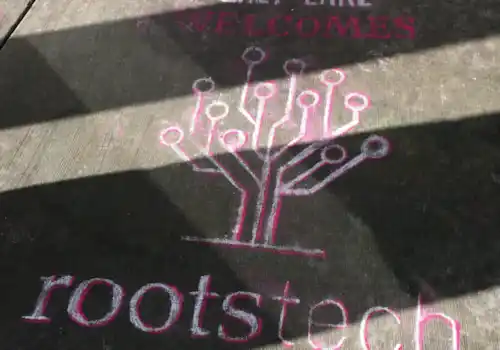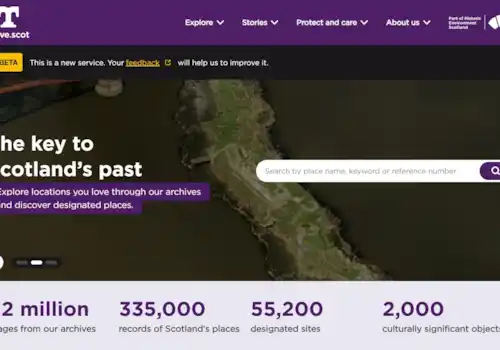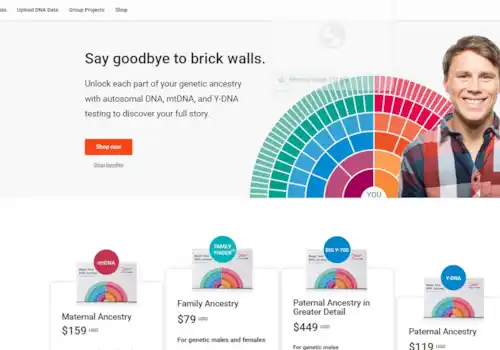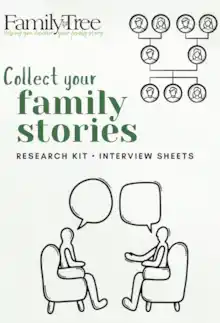20 October 2017
|
Discover what you need to know before visiting an archive or record office for family history research.
Today’s family tree researchers are fortunate to be able to access so many digitised records from the comfort of home, with a wealth of data available online which can save us hours of research in a record office or library.
However, as you progress beyond beginner stage, your search for ancestors is sure to lead you to the rich resources held by the UK’s record offices, archives and libraries, and this is where your family tree moves to the next level as you access a whole new wealth of information.
A key rule of family history is always to double check any information that you find online, and record offices, archives and libraries are the places where you can do this, exploring historical documents which mention your ancestors, such as the census, parish records, old newspapers and trade directories.
Expanding your research will also bring you into contact with the UK’s family tree community and you can meet others with the same interests at family history societies and genealogy fairs around the country.
Read on to discover how to find out what information's held where and what you need to know before making a trip to an archive.
Visiting an archive or record office for family history
Britain’s local and county record offices, archives and libraries are the custodians of millions of records relating to our ancestors, and these form the building blocks of family history research. By using information from parish records, the census, newspapers, businesses and councils, you can explore what life was like for your ancestors and build your research into so much more than just names and dates on a family tree chart.
Many records such as business archives, church and school records and workhouse information can only be found in a record office or archive. The UK is home to millions of historic records which cover centuries of history and it hasn’t been possible to make all of this information available online.
Handling records which carry an ancestor’s handwriting, or hold information about their lives, is one of the highlights of family tree research. Staff at these centres are one of its key resources; they are trained to help visitors make the most of their day, and discover resources of which you might not even be aware.
The Discovery catalogue
So, how can you work out what information is relevant to your ancestors, and where you can find it? Discovery, from The National Archives, is a UK-wide catalogue which brings together listings of records held by more than 2,500 repositories across the country. More than 32 million records are listed, 9 million of which are accessible online.
You can also explore the holdings of the town or county record office for the area where your ancestors lived. Most UK archives have an online catalogue which lists the archive material that they hold, and you can browse a list of these repositories via the National Archives Discovery catalogue mentioned above. The catalogue also includes archive collections held by museums, universities and charitable trusts, which can be a valuable source of information for ancestors who worked in a particular occupation, or were part of a club or society.
What to bring
Once you’ve identified what documents you’d like to see and where they’re kept, there are a few simple preparations you can make ahead of your visit, to make the most of your research trip. Firstly, take a copy of your family tree (or the relevant section) so that you have crucial dates relating to your ancestors to hand. If you’ve been able to find catalogue reference numbers for the records you’re going to be looking at, take a note of these; you may even be able to order the documents beforehand to be waiting when you arrive.
Find out whether the archive you’re visiting allows the use of laptops and cameras, and if it’s your first visit, you’ll probably need to bring along a couple of forms of ID (such as a passport and utility bill) so you can be issued with a reader’s ticket. Also pack a couple of pencils and a notebook, as most archives don’t allow the use of pens, to protect the documents in their care.
Finally, once you’re at the archive, be sure to take a note of what facilities are available to researchers. Many places offer free of charge access to family tree websites such as Ancestry and Find My Past, and many have libraries of local history books which can be hard to find elsewhere. During your visit, be sure to take a note of which documents you consulted, even if that document proved not to be a help; this will save you needlessly repeating the search at a later date.
Scotland, Wales and Northern Ireland records
If you’re tracing Irish, Scottish or Welsh ancestors, whilst the principles of home and archive-based research remain the same, in some cases (particularly for BMD records) you’ll be using a different set of records which cover different dates to the rest of the UK.
Civil registration of births, marriages and deaths in Scotland began in 1855 and you can obtain certificates from National Records of Scotland.
BMD registration in Ireland dates to 1864, with certificates available from GRO Ireland and GRO Northern Ireland.
The censuses for Wales (1841 to 1901) are kept by National Library of Wales in Aberystwyth; National Records of Scotland in Edinburgh has census records for all of Scotland, which are available via the Scotland’s People website; whilst the 1901 and 1911 censuses for Ireland are held by the National Archives of Ireland.
Archives checklist
Be well prepared for your archive research trips with our essentials tool kit:
- Sharpened pencils and a notebook
- A copy of your family tree
- Essential names and dates relating to the ancestor you’re researching
- Camera and laptop (if the archive allows these)
- Reference numbers for documents you’d like to look at (or pre-order these beforehand)









